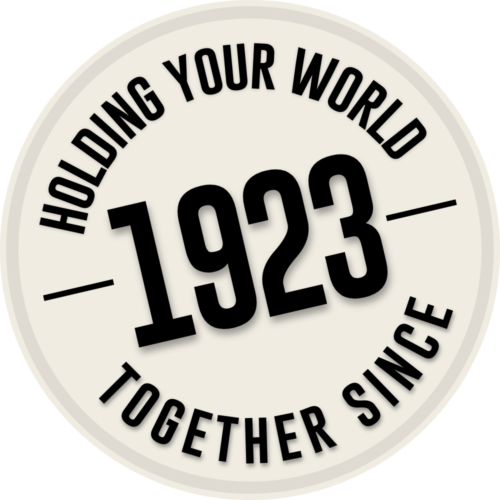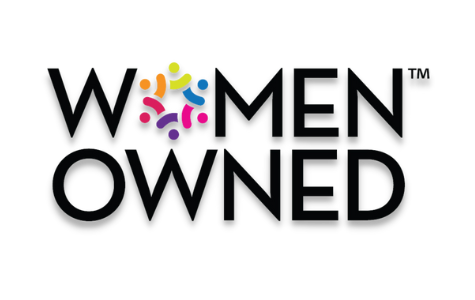The market for reusable packaging is growing as global waste continues to have a huge impact on the environment. Plastic waste is undoubtedly one of the biggest problems plaguing our planet, and packaging is by far its biggest proponent, estimated to contribute more than 140 million tonnes to the plastic waste problem globally per year. As a result, consumers and governments have increasingly been pushing for change, pressuring businesses to shift the way their products are packaged to be less harmful to the environment. France, for instance, introduced a packaging ban for fruits and vegetables as part of its ultimate goal to phase out all single-use plastics by 2040.
100% Plastic-Free Produce Packaging Since 1923
With so many innovations filling the produce packaging marketplace, did you know there remains one option that has endured? This 100% plastic-free option for produce bundling and packaging was first marketed to growers, shippers, and distributors of fresh fruits and vegetables back in 1923 by William H. Spencer. He promoted them as a practical and versatile replacement for twine (which was the dominant bundling tool of the day). His persistence paid off and, in the end, he effectively changed how businesses bundled. He is credited for inventing the 3C and 9C variations for celery and cauliflower – just to name a few. The item that is once again changing the way businesses package their products by virtue of being a practical and versatile replacement for single-use plastic packaging is the reusable … RUBBER BAND!
Whether it’s a Non-Latex Rubber Band, an EPDM Anchor Band, or a SuperSize Band, they can be reused in many different ways, which makes them an ideal alternative to single-use plastics. Additionally, the latex that is used in our Pale Crepe Gold, Advantage, and Sterling rubber bands is harvested from rubber trees using a method similar to the process used to extract maple syrup. The trees can be tapped for up to 28 years and can be harvested without cutting down the trees.
Celebrate Earth Day by Choosing Plastic-Free Alternatives
This year to celebrate Earth Day, make it your mission to eliminate plastic in your produce packaging. It may sound like a daunting task, but you may find that reusable options will not only help to save the planet but can also increase efficiencies and lower overhead costs in the long run. Some of the more popular approaches include:
Direct Elimination
The simplest way to prevent packaging waste is to consider whether the packaging is needed at all. Supermarkets have been phasing out the use of unnecessary plastic films for products over the past few years. In fact, Walmart stopped using clear plastic in doll packaging and removed wrapping from some vegetables like individual peppers.
The 100% Plastic-Free Alternative:
Replace plastic bags with custom imprinted rubber bands. Branding and labeling fresh fruits and vegetables with your name, website, country of origin, and PLU number not only provides ease at checkout but also provides greater recognition in the marketplace. Additionally, consumers will discover hundreds of uses for your custom produce bands even after your product is gone, providing you with subtle, ongoing advertising.
Innovative Elimination
In some cases where the packaging was doing an essential job, innovative design can achieve the same result in a different way. For example, Carlsberg has replaced the plastic rings holding six-packs of beer with dots of glue that stick the cans together.
Substituting Materials
Innovations in paper packaging could eliminate the need for polystyrene and bubble wrap. From padded envelopes and packaging made of honeycombs of paper and card to thermal liners made of paper and corn starch to keep food and medical products insulated, there are a number of alternatives that eliminate unnecessary plastic waste.
Reusable Replacements
Pallet Bands are an ideal replacement for single-use stretch wrap. Economical and easy to use, pallet bands contain and secure palletized items during movement within a warehouse. A single band is large enough to stabilize most loads, but additional bands can be used for heavier loads.
For the Alliance family, sustainability is a forward-thinking concept based on a strategy that incorporates environmental stewardship, social responsibility, and economic prosperity…





